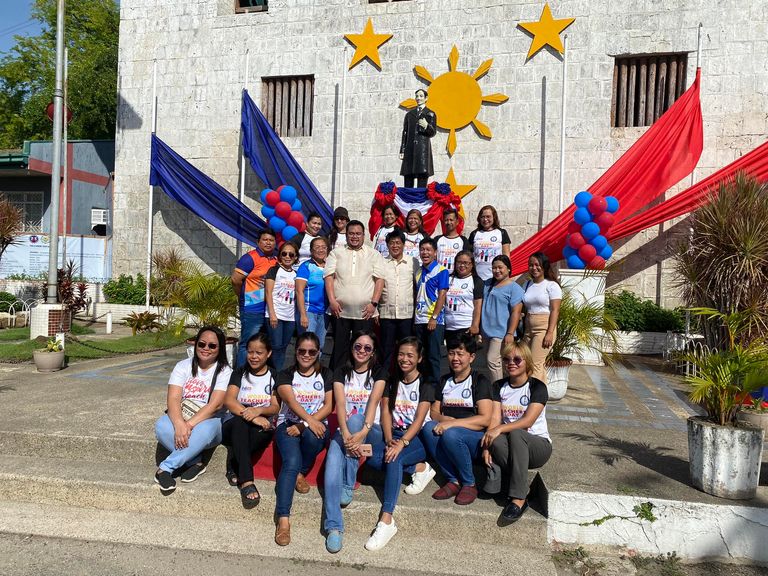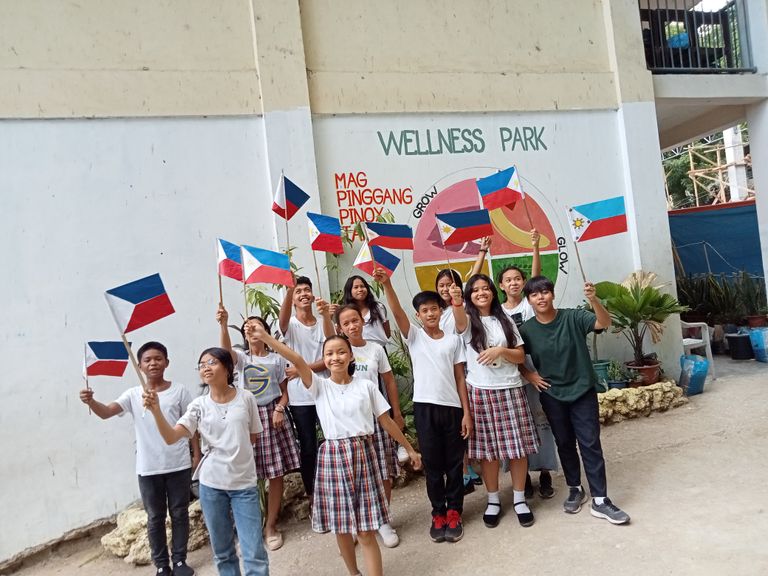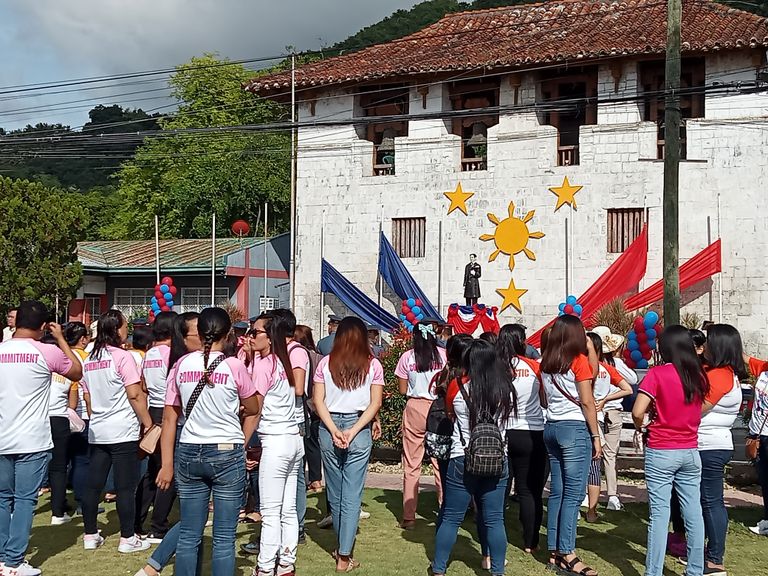


Teachers and students played a crucial role during the Philippines' struggle for independence. Here are some key reasons why their contributions were significant:
Education as a Catalyst for Independence: Teachers played a vital role in instilling a sense of national identity and fostering a spirit of independence among Filipino students. They imparted knowledge about the country's history, culture, and the aspirations of the Filipino people, inspiring students to fight for freedom and self-determination.
Development of National Consciousness: Teachers helped raise awareness among students about the oppressive conditions under colonial rule and the importance of seeking independence. Through their teachings, they nurtured a sense of pride in Filipino heritage, language, and traditions, fostering a collective consciousness that united the nation towards the goal of liberation.
Nurturing Leaders and Activists: Teachers recognized the power of education in nurturing future leaders and activists. They identified talented students and provided them with the knowledge, skills, and critical thinking abilities needed to actively participate in the fight for independence. These students later became influential figures in the Philippine independence movement, driving the momentum towards freedom.
Dissemination of Information and Propaganda: Both teachers and students played a crucial role in disseminating information and spreading nationalist propaganda. They shared news, articles, and pamphlets that exposed the injustices of colonial rule, raising public awareness and mobilizing support for the independence movement.
Organizing Protests and Rallies: Students, guided by their teachers, organized protests, rallies, and peaceful demonstrations to demand independence. They utilized their education to articulate their grievances, express their aspirations, and challenge the colonial authorities. The student-led protests acted as catalysts for wider public dissent and resistance.
Preservation of Filipino Identity: Teachers and students worked together to preserve Filipino culture and language, which were threatened by the dominance of colonial powers. By promoting the use of the national language, literature, and arts, they reinforced the Filipino identity and bolstered the sense of unity and pride in the face of colonial suppression.
Inspiration for Future Generations: The contributions of teachers and students during the struggle for independence continue to inspire future generations of Filipinos. Their dedication, bravery, and resilience serve as a reminder of the importance of education, activism, and the pursuit of freedom. Their stories and sacrifices motivate young Filipinos to cherish their independence and actively participate in shaping the nation's future.